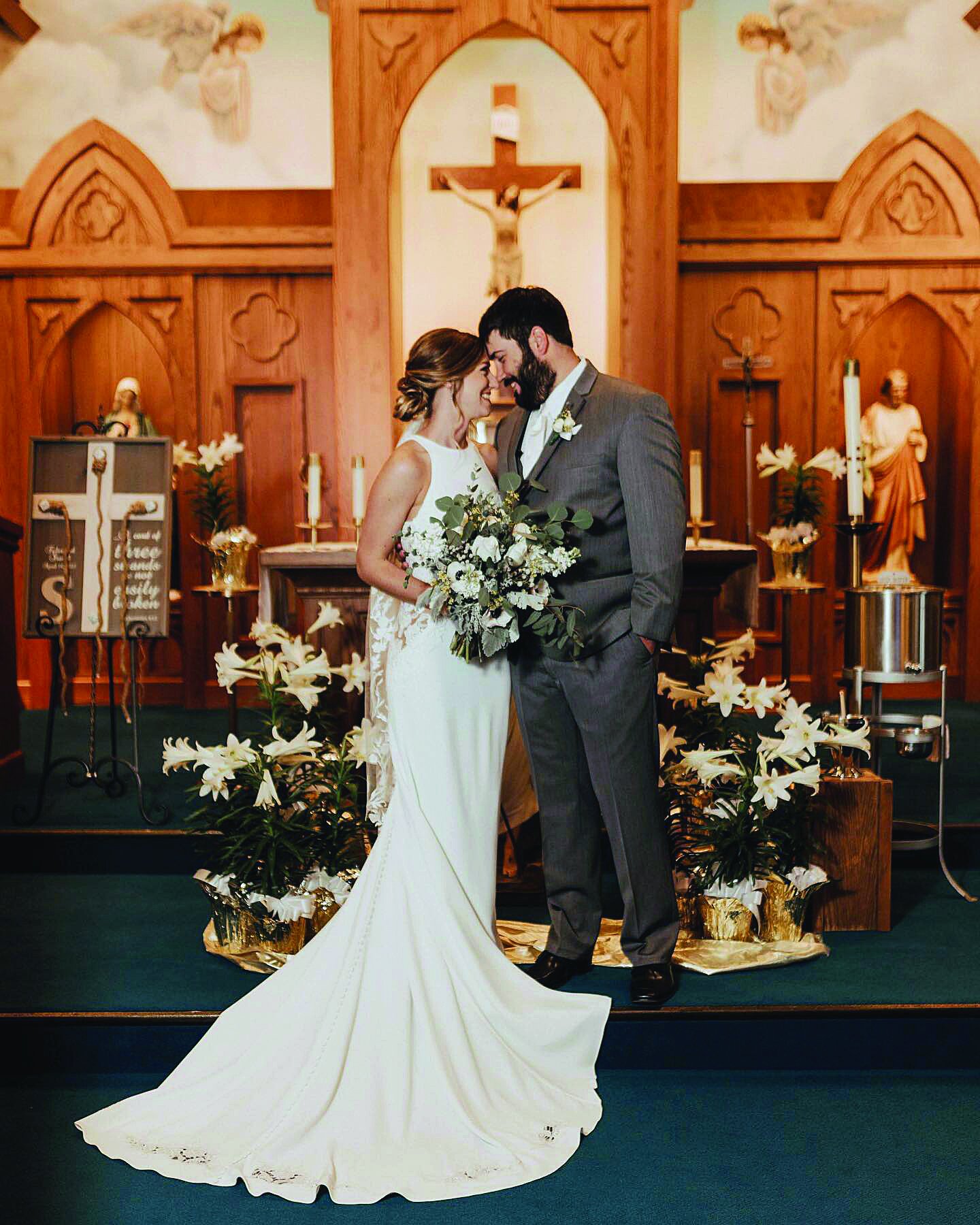“The vocation to marriage is written in the very nature of man and women as they come from the hand of the Creator” - CCC p1603
The Church teaches that married life is total, free, faithful and fruitful. This means that the couple commits the whole of themselves, without pressures or coercion, to the other person only, with openness to the possibility of having children. Marriage is more than romantic feelings. It can include those, of course, but at its heart is sacrificial love and commitment to another person.
In marriage, a family have the opportunity to reflect God’s love in their love for each other and their children. Marriage is also a sacrament in which the husband and wife are the primary ministers of the sacrament. The priest or deacon, along with the assembled members of the body of Christ, are there to witness to the sacrament that the couple is entering into.
The Domestic Church
Marriage is a vocation and calling in its own right. When a man and a woman choose to join their lives totally, faithfully, freely and fruitfully, their bond is a witness to God’s love for his Church and the world. That is to say, in the way that the couple loves one another and gives themselves to one another, God loves us and gives himself to us. Marriage is a powerful and beautiful sacrament that reflects and participates in God’s love and God’s desire to bring life to the world.
Husband and wife have a unique role in witnessing to the life of faith to their family, community, and the world. This is why the Church describes the family as the “domestic church”. It is in the family where faith is taught for the first time, by word and example; it is here that parents are to foster the vocation proper to each child. (Lumen Gentium #11).
As much as the family needs to participate in the sacramental and apostolic life of the Church, prayer, service, evangelisation, and deep love are primarily lived out and expressed in the daily life of the family through the sacrament of marriage.


